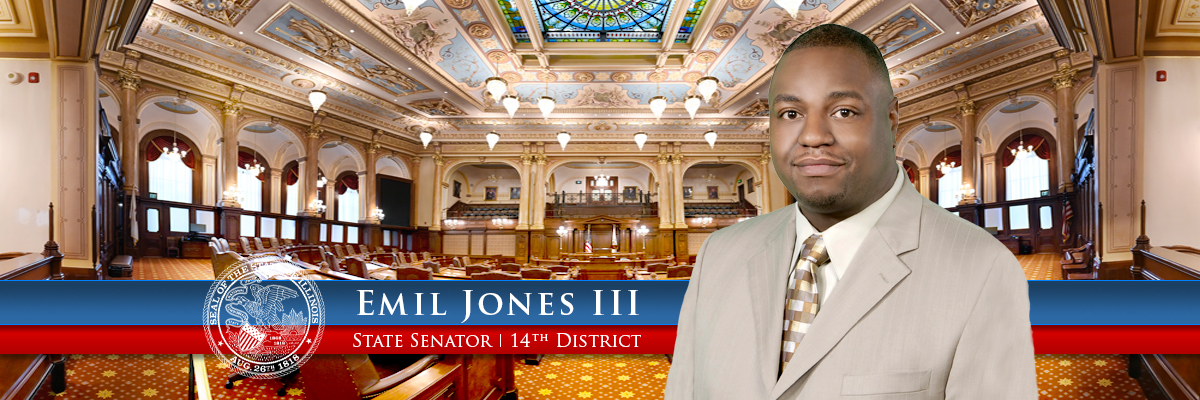To the Editor:
The now infamous tragedy at Burr Oak Cemetery is an event that will weigh on the hearts and minds of Illinoisans for years to come. The images shown of the discarded headstones and burial monuments throughout the media and the knowledge that the bodies of people’s loved ones were treated with callous disregard were mind-blowing, my colleagues and I in the General Assembly knew that we needed to take action. In 2010, we passed the Cemetery Oversight Act (COA). The legislation completely transformed the way cemeteries conducted business and recorded data. The COA provided strict regulations to ensure that disastrous events like those at Burr Oak never occurred again.
Blinded by our outraged, we didn’t take into consideration the effects of the COA would have on smaller, non-profit cemeteries. It soon became evident that there were problems with the new law, and the COA prompted numerous cemetery abandonments. The Department of Commerce and Economic Opportunity (DCEO) described the COA rules as, “unduly onerous,” and cemeteries from every region of Illinois filed strong negative comments with DCEO. There have been and remain today at least 50 statues that apply to cemeteries to ensure that cemetery owners observe proper conduct when dealing with human remains, and this prompted us to re-evaluate the new law. Furthermore, the cost of implementing the COA is expected to be up to $7.5 million, costing taxpayers and consumers in the long run.
This year, I introduced a new bill that creates the Cemetery Bill of Rights. It retains transparency and accountability regulations that will protect our loved ones in Illinois cemeteries. Regarding the conduct at Burr Oak Cemetery, Illinois has strong laws in place to punish wrongdoers and protect the public. Those accused of a crime at Burr Oaks were indicted for multiple felonies. The transparency measure in the Cemetery Bill of Rights will provide enough oversight that the state should catch abuses like those that occurred at Burr Oak quickly.
The new legislation licenses only privately held cemeteries, which number about 133 and constitute about 3 percent of cemeteries in Illinois. The cemeteries exempted from the heavy regulations of the COA are religious, municipal/townships, fraternal, national and family cemeteries. By exempting these smaller non-profit cemeteries it alleviates undue added expenses that closed gate on several smaller non-profit cemeteries.
Sincerely,
State Senator Emil Jones III




